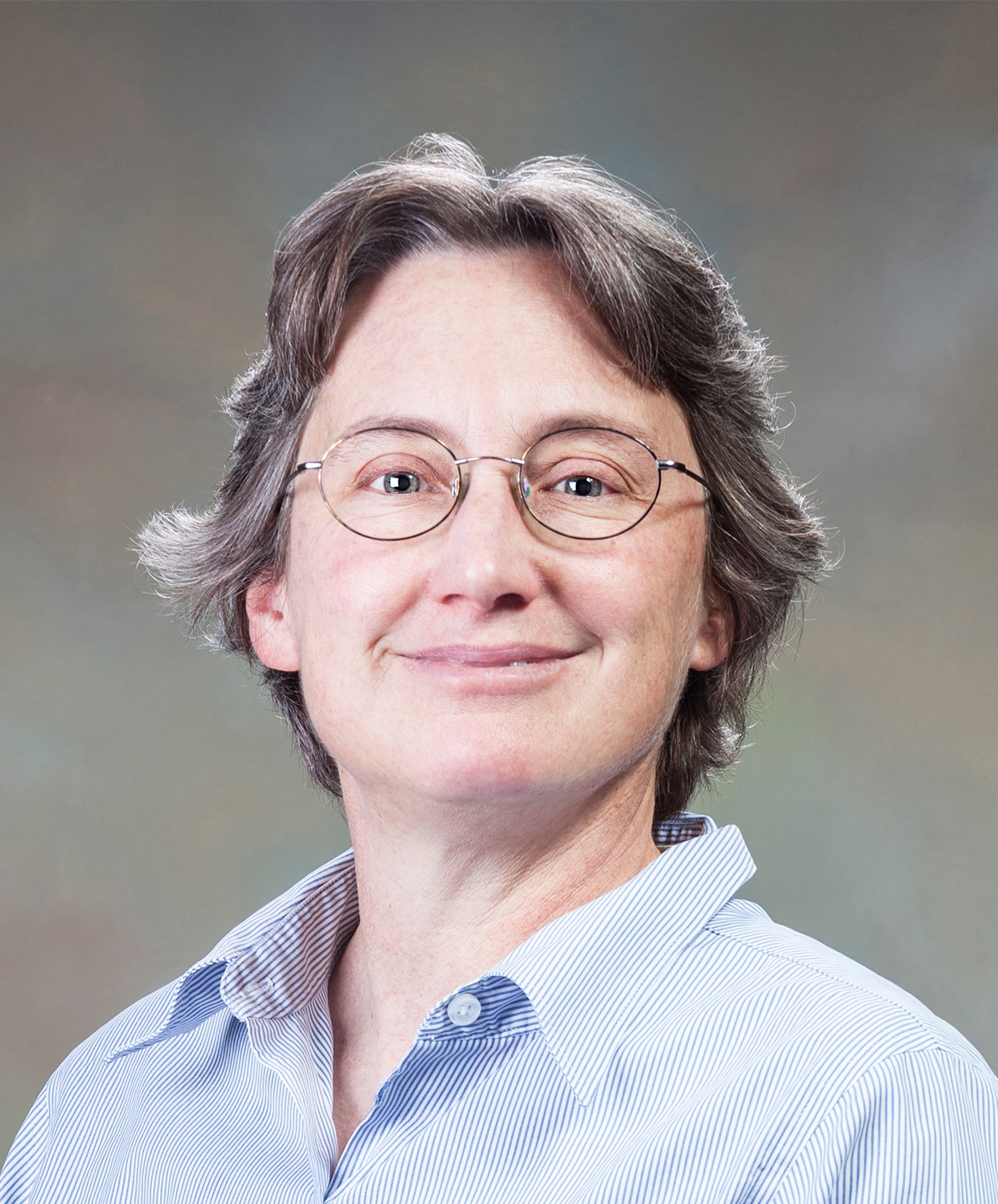ALBUQUERQUE, N.M. — Sandia National Laboratories senior scientist Cynthia Phillips has been named a 2016 fellow of the Society of Industrial and Applied Mathematics (SIAM) for her contributions to the theory and applications of combinatorial optimization.
SIAM, which announced 30 fellows March 31, said they were nominated for their exemplary research and outstanding service to the community. They will be recognized for their achievements at an awards ceremony during the SIAM Annual Meeting July 11-15 in Boston. Phillips is one of only two fellows named this year from national laboratories.
“I am honored and humbled to be on such a list with some of my professional heroes,” she said. “I am grateful to SIAM, my management and my research colleagues, past and present. Sandia’s culture of valuing teamwork, enabling collaborations with academic researchers around the world and emphasizing impact create an environment for pure and applied research in combinatorial optimization. I am just the representative of all the many excellent teams I have worked with throughout my career.”
Phillips is SIAM’s vice president for programs. She has held leadership positions in the SIAM Activity Group on Supercomputing and has been an invited plenary speaker at multiple SIAM conferences.
In January, she was one of two Sandia researchers selected as distinguished members of the Association for Computing Machinery, the world’s leading association of computing professionals.
Phillips, who is with Sandia’s Center for Computing Research, conducts research in combinatorial optimization, algorithm design and analysis and parallel computation. She has applied these techniques to many areas including scheduling, network and infrastructure surety, integer programming, graph algorithms, computational biology, quantum computing, computer security, wireless network management, social network analysis/graph data mining, sensor placement and co-design of algorithms for next-generation architectures. She received a bachelor’s degree in applied mathematics from Harvard University and a doctorate in computer science from the Massachusetts Institute of Technology.
SIAM, with headquarters in Philadelphia, is an international society of more than 14,000 individual, academic and corporate members from 85 countries. The society helps build cooperation between mathematics and the worlds of science and technology to solve real-world problems through publications, conferences and communities including chapters, sections and activity groups.

